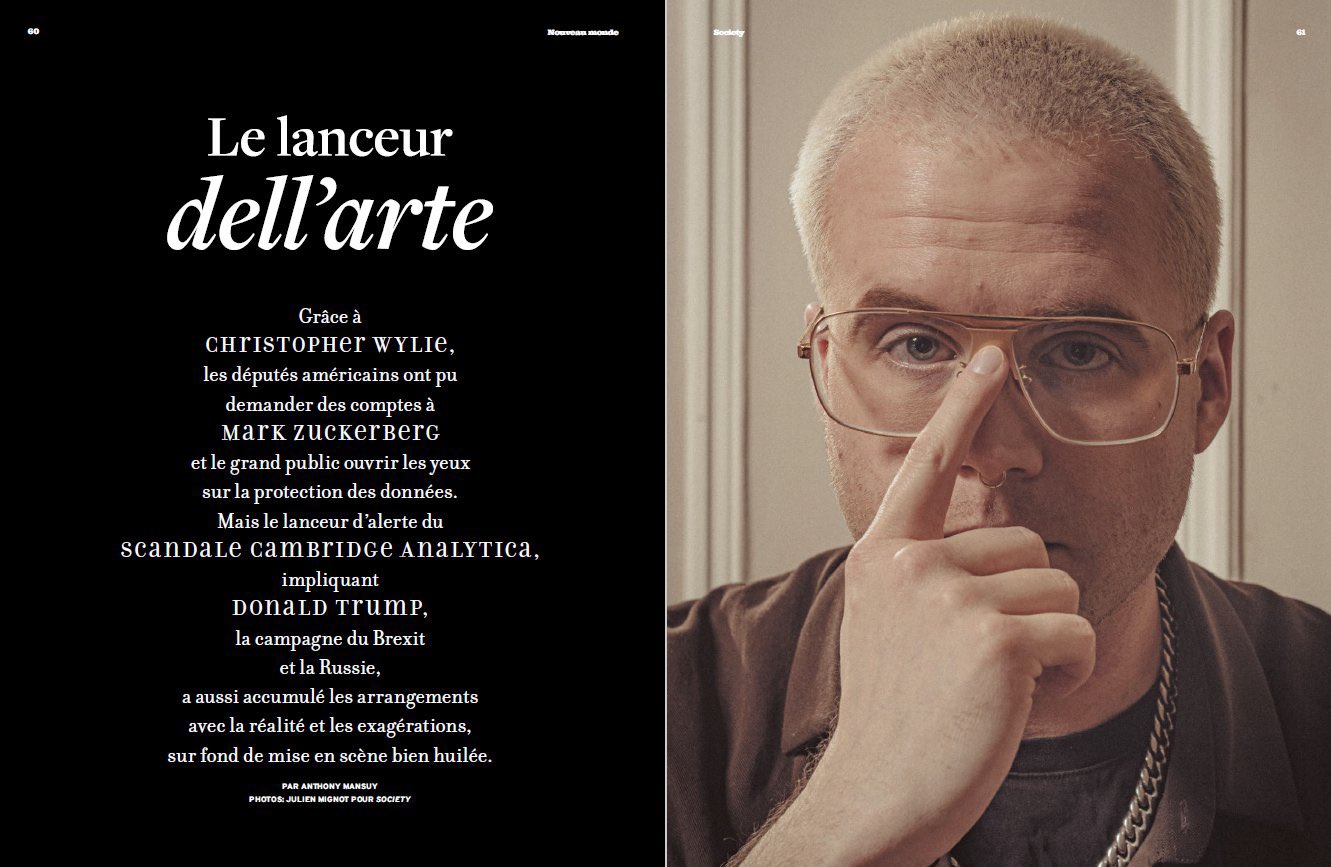The majority of content, spread as information, is incorrect.
Books. News. Podcasts. Newsletters. Posts. Reels.
As an example, the majority of people, potentially even you, think that Facebook makes its money by selling user data, and that user data was stolen and used to change electoral outcomes by Cambridge Analytica in the 2010s.
Or that George Washington had wooden teeth. Or that Marie-Antoinette said "let them eat cake." Or that the fiery destruction of the Library of Alexandria destroyed civilization's books.
It would be easy, and lazy, to point out the social media debutantes with Dunning-Kruger trigger fingers, from anon accounts to VCs.
But instead, I'll go deeper, to not contribute to more misinformation.
Part One: a modern milieu
Creating content is easier than ever, and spreading it even easier. Platforms incentivize the marketplace of content — creators feed the library and DAUs provide eyeballs for marketing slots. As inexpensive content pours out faster than people can verify it, misinformation becomes the plurality, if not majority of content.
Four interconnected reasons generate a modern milieu of questionable facts.
- Signal-to-noise saturation
- A bias to infotainment
- Articulate, novice influencers
- Engagement-amnesia feedback loop
The daily volume of posts, videos, podcasts, and newsletters expands exponentially, while expert content or refutation, or personal motivation/time to deepdive lag.
Neil Postman cautioned that television transformed serious conversations into entertainment. An emotionally satisfying post travels farther and faster than a thoughtful, evidence-based explanation. The majority of MOOCs are filled with dropouts (97%). Back to the dopamine feed.
The most fun and interesting takes come from people unshackled by reality and expertise. The memes of production. Twitter/X is a network of Dunning-Kruger content, rising through the algorithms. Threadbois mythologize success tales.
Michael Crichton observed readers easily catch mistakes in topics familiar to them but quickly forget this skepticism when turning to unfamiliar topics. This daily reset of trust keeps misinformation circulating as critical minds engage with infotainment on novel topics that satisfies the need to learn.
Our best minds are stuck in an engagement-amnesia feedback loop, gorging on low-signal infotainment. Our mediocre minds are learning about facts and news from from a cohort that mines the loop, converting it into 15-60s reels.
Intelligence agencies have a notion of embedding 5% disinformation into communications to poison the source or influence a population. What percentage of content on NYT's The Daily or JRE or The All-In Podcast is unintentional misinformation? Your estimate may vary depending on your opinion of the source, but 5% feels like a highly conservative figure.
Part Two: Myths echo through time
Facebook, now Meta, makes money by selling highly-targeted advertising through marketplace auctions. This is the best form of advertising ever created. The marketplace dynamics price slots on demand and supply. Ads reach an audience best suited for seeing them. And the audience taps through to products they want.
In the 2010s, Facebook pursued an effort called Facebook Platform. It was an attempt to treat the network as a set of APIs, enabling developers to create unique experiences with this data. In late 2012, I worked on a startup that used these APIs to map the friend network and find liked pages. The startup would sell targeted advertising based on segments with overlapping brand affinity, like Urban Outfitters, LCD Soundsystem, and Nike.
This wasn't a hidden feature or a nefarious plot. These capabilities were central to the Facebook Platform, and rolled out at the F8 conference and on developer documentation pages.
Data analytics savant, and notable narcissistic liar, Christopher Wylie, also spotted these capabilities and pitched them to his then-employer Cambridge Analytica. The company then pitched these to their political clients as the advanced techniques used to help win elections. They used a personality survey to create Big Five personality trait mapping of the Facebook population.
The best reporting on what really happened was only published in a French print magazine and never online, or in English. The reporter spent a year investigating Wylie, his past, and his path of lies. The UK's ICO concluded that CA had not affected the election outcomes and oversold their service abilities. Facebook settled the lawsuit against them for $725M for this.
If you ask ChatGPT 4o or 4.5 it will tell you that there is no credible information on the points above and that the Facebook/CA incident was a major breach of personal information.

Our best AI assistants rely on the truth of credible publications and Wikipedia. The Wiki page for the scandal is one of the longest on the site and has 117 footnotes.
It appears credible. It must be correct.
And yet, it contains no mention of the UK Government's official findings, the growing research into the myth created by Wylie, or contemporaneous contrarian views published by Siècle Digital, Reason, LA Times, Vox, or Boing Boing.
The truth is that Cambridge Analytica, and other campaign firms, relied on a portfolio of techniques for campaign marketing. This was nothing new. Obama's campaign team was the first to successfully leverage Facebook and Twitter for a candidate. CA never influenced voters with advanced techniques or stolen data, but they sold services to clients with promises of these capabilities.
And then disgruntled ex-employee Wylie "leaked" the very techniques he invented, positioned himself for whistleblower fame with staged facts, and now leads data at the fast-fashion trash heap H&M.
We live in the reality distortion field of Wylie.
